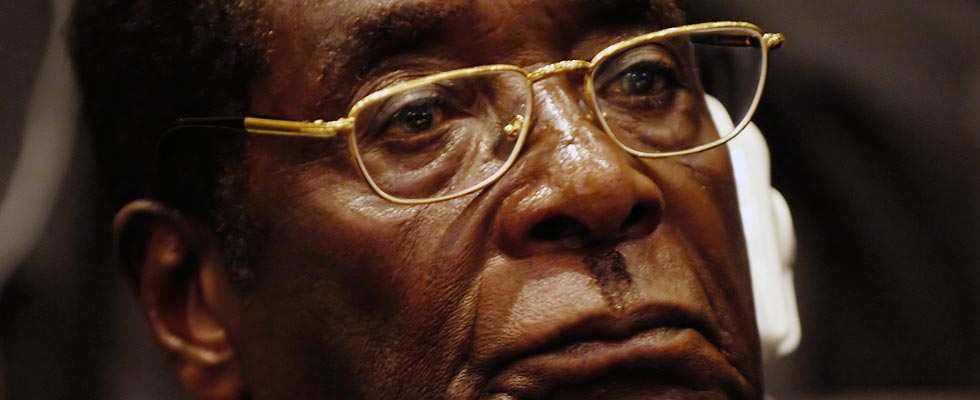
Political corruption in the post-colonial government of Zimbabwe has had a history which spans the era of President Robert Mugabe’s government. It has become endemic within its political, private and civil sectors.
Zimbabwe ranks joint 163 out of 176 countries in the 2012 Transparency International Corruption Perceptions Index, ranking it alongside Equatorial Guinea. On a scale of 0 (highly corrupt) to 10 (very clean), the Corruption Perceptions Index marked Zimbabwe 2.0. This marks an increase in corruption since 1999, when the country ranked 4.1.
Hence, the disclosures by Comptroller and Auditor-General Mildred Chiri’s audit report for the financial year ended December 2011 which was tabled before Parliament this week that fraudulent activities by Mugabe’s office, ex-Prime Minister Morgan Tsvangirai’s office and a host of ministries and parastatals is a sad development for a country craving for economic growth.
The discovery that fraudulent allowance claims, flouting of tender procedures and poor control of assets, among other issues, could have happened even in high offices speaks volumes of a crooked system that is probably beyond redemption. For how does one explain fraudulent activities within the highest office in the land and that perpetrators go scot-free?
Databases for debtors should be maintained and tender procedures followed. Sadly, it appears corruption in government and the private sector is now the buzz word. We believe this canker is a fundamental human problem which cannot be overcome easily, but such can be minimised. The issue of corruption in government does concern the entire country. This is why it is not easy to do business in Zimbabwe, start up a company or even invest finances as society has become crooked to the extent of just grabbing assets from their owners under the guise of indigenisation.
The public procurement sector suffers widespread corruption. The use of agents to facilitate business operations and transactions is widespread and poses a risk for companies, particularly at the market entry and business start-up stage. Despite positive developments, the Zimbabwe Anti-Corruption Commission does not have the independence that it was yearning for at its inception, and now appears superfluous.
We urge members of the House of Assembly and Senate to ensure all cases of graft are followed up and culprits are made to face the wrath of the law.
No one regardless of their positions in government should be allowed to curtail the wheels of justice, if the country is to weed out corrupt elements within its economic circles.
- Chamisa under fire over US$120K donation
- Mavhunga puts DeMbare into Chibuku quarterfinals
- Pension funds bet on Cabora Bassa oilfields
- Councils defy govt fire tender directive
Keep Reading
Effective internal control procedures at the Pensions Office should also be installed so that government does not lose money through unrecorded overpayments only to benefit just a few connected individuals. For example, it was revealed that eight widowed pensioners were overpaid by about $357 956 in September 2011, while 5 773 children considered over age of either 18 or 19 years illegally received pensions totaling $152 138.
This is unfortunate, but the whole corruption chain should be cut, starting with those occupying high offices in the country.











